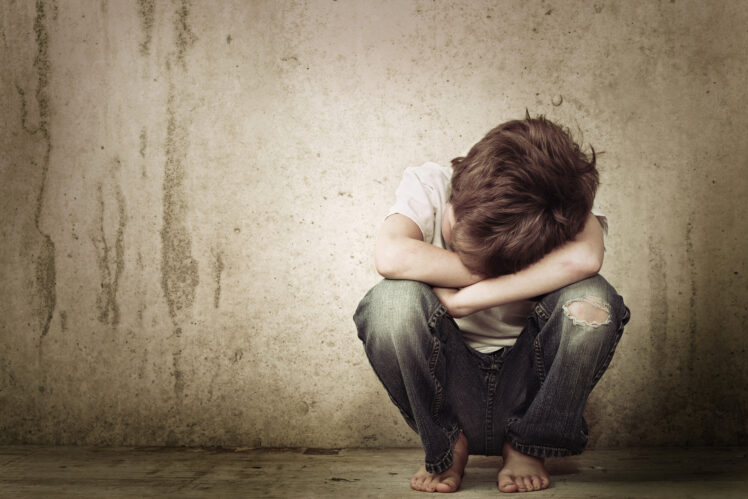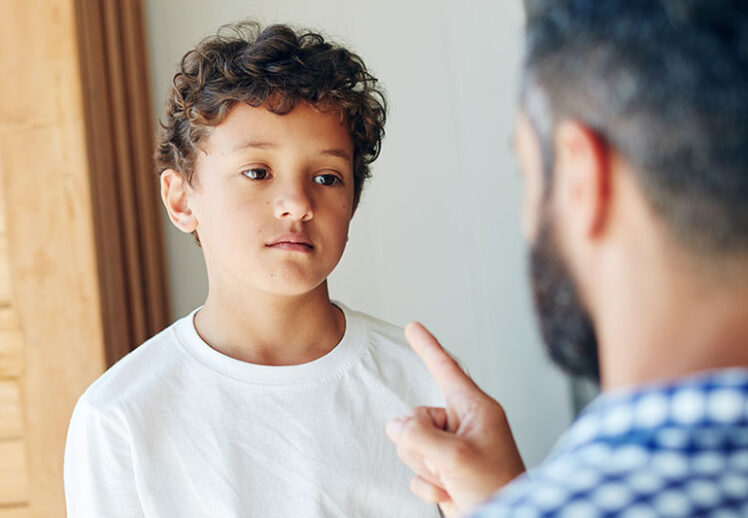Home › Health › Drugs
How Can You Help Your Child Who Is Addicted to Drugs?
Published on:
In the United States, drug addiction is a serious problem. In 2014, 23.5 million people over the age of 12 needed treatment for a drug or alcohol abuse problem, according to the National Institute on Drug Abuse. Adolescents seeking treatment for addiction has also increased significantly. You may feel helpless and unsure of what to do if you are a parent with a child who is struggling with drug addiction. This blog post will give you some pointers on how to assist your child in receiving the treatment they require and beginning the road to recovery. At Renaissance Recovery, you can learn how to help a child who is struggling with drug addiction.
You've discovered that your child is a drug user. So, what's next? The first step is to acknowledge that you are not to blame. It is not your fault that your child is addicted. You can, however, make a difference. The first step is to speak with your child about their problem. This is a difficult conversation to have, but it is necessary. Allow your child to know that you are there for them and that they are free to express themselves around you if they feel safe doing so. Your child may be hesitant to share with you, but may be willing to share with someone they don't know. If this is the case, you can assist your child by scheduling an appointment with a therapist.
Getting your child into a treatment programme is the next step. This can be accomplished in either an outpatient or inpatient setting. Outpatient treatment may be the best option if your child is willing to attend. Outpatient programmes allow participants to live at home and work or go to school while receiving treatment. Individuals enrolled in inpatient programmes must remain at the facility for the duration of their treatment.
Although treatment will not be easy, it is critical to remember that you are not alone. Some people are concerned about your well-being and wish to see you succeed. It will take time, effort, and patience to complete treatment, but it will be well worth it in the end.

What should you do if your child is addicted to drugs?
The most important thing you can do is to enlist their assistance. This could entail enrolling them in a treatment programme or assisting them in locating resources to help them get clean on their own. It's best to be clear that you expect them to get clean and stay clean, and that drug use will not be tolerated. It's critical to be encouraging, understanding, and clear about your expectations.
It's also critical to look after yourself during this period. This is a challenging situation, and it's easy to feel helpless. It will be easier for you to deal with the process that you will be assisting your child with if you take care of yourself. Make time for yourself, seek support from friends and family, and, if possible, join a support group for parents of addicts.
You should also discuss your concerns with your child and work together to find solutions. Attending therapy or rehab, as well as support groups or 12-step meetings, are examples of these. It's critical that they feel like they're a part of the solution and that you're all working together to beat the addiction.
Finally, it is critical to be present for your child when he or she is experiencing difficulties. This entails being understanding and supportive while also establishing limits. You should let them know that you love them and that you will support them through this, but that their drug use is unacceptable. You can assist them in getting through this difficult time in their lives by being there for them and providing support.
It is critical to act if you suspect your child is abusing drugs. The sooner you address the issue, the more likely you are to be able to resolve it rather than allowing it to worsen.
Ensure that your child receives assistance. If necessary, this entails getting them into therapy or rehabilitation. It's also a good idea to look into support groups to better understand what your child is going through and how you can best help them.
Drug addiction is difficult to deal with, but by taking action and getting help, you can make a difference in your child’s life. Remember, you are not alone in this – there are plenty of resources available to help you both through this tough time.
The most important thing you can do for your child who is struggling with drug addiction is to be there for them. Show them your love and support while also establishing boundaries to let them know that their drug use is not acceptable.

What are the most commonly used drugs by your drug-addicted child?
Your child may be using a variety of drugs, but the following are some of the most common:
-Cocaine
-Heroin
-Marijuana
-Prescription pain relievers such as OxyContin or Vicodin
If you suspect your child is using drugs, look for the following signs:
-Changes in behaviour, such as withdrawing or becoming secretive
-Changes in friends or activities that occur unexpectedly
-Mood swings that are out of control
-Stealing or lying
-Money or valuables missing from the house
-Absence from school or work has increased.

Why do our children experience these symptoms when they use drugs?
The first reason is that drug use alter-s the brain's appearance and function. These changes can be long-lasting and result in the harmful behaviours seen in drug users. Second, using drugs is pleasurable. A flood of dopamine in the brain causes the "high" or feeling of euphoria experienced when taking medications. Dopamine is a neurotransmitter, or chemical messenger, that helps regulate the reward and pleasure centres of the brain. Dopamine is typically released by neurons in these areas of the brain in response to either potential rewards (such as seeing food) or actual rewards (like eating delicious food). Dopamine produces a sense of pleasure or satisfaction when it is released. Drugs such as cocaine and heroin, on the other hand, can mimic dopamine and bind to its receptors. This makes an exaggerated sense of joy for the user.
As a result, people who abuse drugs frequently believe they must continue to use them in order to experience this sense of pleasure. According to research, drug addiction can cause brain changes that lead to compulsive drug-seeking behaviour and make quitting drugs extremely difficult. Get your child the assistance they require right away.
Share With Your Friends